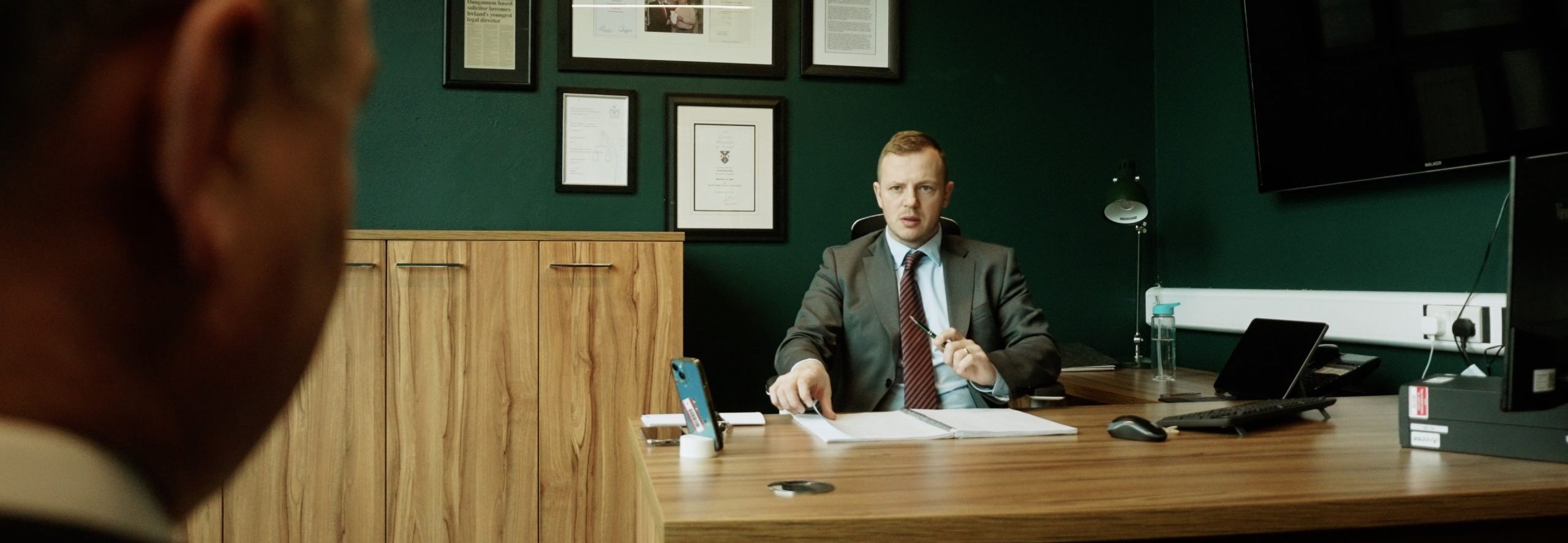
Wills
We want to make the law concerning Wills and administration of Estates more accessible to our clients. If you have a question about Wills, trusts, taxes or probate our leading solicitors are here to help you.
speak with us today

Writing a Will ensures your wishes regarding your money, your possessions and your property are carried out after you die and that your family and loved ones are looked after in the way that you want.
Our solicitors based in Belfast, Omagh and Dungannon can help you structure your Estate in the best way to protect your wealth for the future, provide for your loved ones, and minimise tax.
We have considerable experience with high-value Estates and international wealth and understand the challenges this can present. We can also help you protect your assets against future life changes such as divorce, manage your wealth and succession planning across multiple countries, and make sure your Estate is structured as tax-efficiently as possible.
We administer wills as well as draft them; we combine practical knowledge with legal expertise to make planning for your future as efficiently as possible.
You control the destiny of your Estate
Tax Planning
Intestacy can create difficulties; unmarried partners have no rights under Intestacy Rules
Foreign assets need careful advice and drafting
Estates may become more substantial on death through insurance policies or pensions.
FAQs
What happens if I die without a Will?
If you pass away without a Will (Intestate), the distribution of your Estate and assets will be governed by the laws of Intestacy. This can cause some of the following consequences:
You will not be able to choose your beneficiaries/determine who will inherit your assets
Having no Will can create complex family situations, potentially affecting relationships
Certain assets may be sold to satisfy the legal distribution requirements
If you have dependant children, the court may decide who cares for your children
The process of administering an Intestate Estate may take much more time and cost more money
What happens If I get divorced after I have made my Will?
It is a common misconception that a Will made while you are married is automatically cancelled if you later get divorced. When you get divorced, the law treats your former spouse or civil partner as if they had predeceased you in the Will. This means that any gifts or appointments of your former spouse as an executor or trustee will generally be considered void.
If your former spouse is named as an Executor or Trustee in your Will, their appointment may be deemed invalid. It's important to consider naming an alternative executor or trustee. After a divorce, it's advisable to review and update your Will to reflect your new circumstances, including your beneficiaries, executors, and any changes in assets.
If you and your former spouse were the legal guardians of your children, you should review your Will to ensure that you have named new guardians, if necessary, as the court may have to decide who will care for your children in the event of your death. Our expert team will be able to advise you on every step reviewing and updating your will.
Can my Will be Challenged?
Yes - all Wills are open to challenge, and there's no way to prevent someone from attempting to contest it. The crucial question is, "Can a challenge to my Will succeed?" This depends on various factors. If your Will includes your immediate family and dependents, such as your spouse or civil partner and your children, there's little reason for it to be contested. However, if you exclude someone who might have expected to benefit from your Will, or if there are suspicions about your mental capacity or undue influence during the Will-making process, there's a genuine risk of a challenge. To mitigate potential conflicts, it's advisable to discuss your Will with your family and loved ones, especially if you intend to exclude them. This proactive approach can prevent posthumous questions about your motivations. Alternatively, you can draft a letter to your Executors outlining the reasons for excluding a particular individual from your Will and store this letter alongside your Will.
What happens to my Will when I die?
We recommend that you inform your Executor about the whereabouts of your Will. In the event of your passing, your Executor will need to locate the original Will. If your Will is held by P.A. Duffy & Co., your Executor should get in touch with us to report your passing. We can then arrange to retrieve the original Will from our secure storage facility. Once we have your Will in hand, we will verify the identity of the Executor. We will also provide them with free guidance and support to ensure they understand their responsibilities, and if necessary, offer our professional assistance.
Get in Touch
Speak to a solicitor today
Contact Our Solicitors
Please fill out the simple form below and we will contact you as soon as possible









